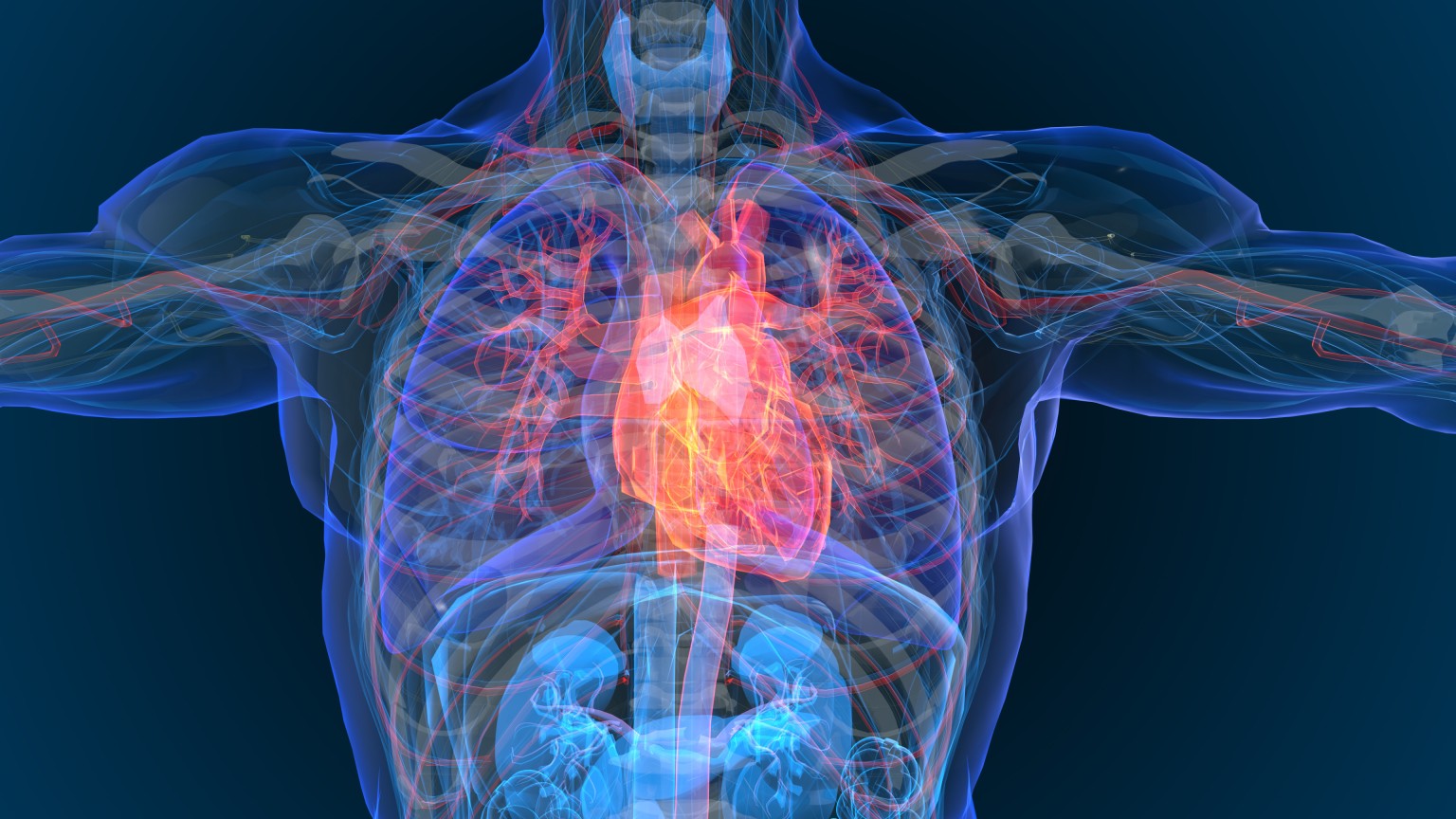
In a ground-breaking discovery, medical scientists have identified three naturally occurring proteins that can be injected to enable a patient’s heart to return to its normal function following a heart attack.
Until now no effective restorative treatment of any sort has existed that can achieve this result.
Read More »Cause of death globally
Heart failure is a major cause of disability and death around the world. In Britain, where most of the research on this new form of treatment is being conducted, one person is admitted to a hospital every five minutes suffering from a heart attack, according to the British Heart Foundation.
Seven out of 10 survive, but heart attacks are the leading cause over time of heart failure. That condition affects almost a million people in Britain and 64 million around the world.
Heart failure that takes place in the wake of a heart attack is caused by the irreversible loss of heart cells, the research team members explain. That is the reason that therapies are needed to establish effective treatments to stop the death of those cells.
So far, however, finding such treatments has proved elusive.
Searches for proteins
The new technology, called FunSel, searches for proteins that can protect heart cells from the quick death of cells that generally takes place in the wake of a heart attack. It was developed by a team of scientists led by Mauro Giacca, professor of cardiovascular sciences at King’s College, London.
The “search engine” FunSel scans through a wide collection of human proteins in order to identify those that have healing potential.
First time
This is the first time that a treatment that possibly can cure the heart after a heart attack is being identified directly for its healing possibilities, Giacca says.
He explains that any of the three proteins that have been identified by the team can be given immediately after a patient has suffered a heart attack. Doing so will reduce the degree of heart damage that the patient has suffered and in that way will stop heart failure from occurring.
No significant developments have been made in this field for a long time, he adds, so the team is extremely excited by the finding.
Effects on public health
Heart failure is having a devastating effect on public health, says Richard Francis, chief executive officer of Forcefield Therapeutics, which is working on the future development of clinical trials of the new findings. The work was started at the International Centre for Genetic Engineering and Biology at the University of Trieste in Italy.
In spite of the significant efforts that science has made in the management of heart disease, the prognosis for the long term has remained poor—until now, Francis says.
Heart attacks are the main cause of heart failure, he explains. This factor places a major economic burden on healthcare systems around the world.
It also cuts the healthy life span of those who have to live with heart failure.
Two reasons
The new research on proteins is exciting for two reasons, Francis explains. One is the potential that it presents for heart medication. The other is that it is a great example of the business and academic fields joining together. The research has been supported by the British Heart Foundation, Britain’s major heart charity, but is being developed by Forcefield Therapeutics, a private company.
If the results seen in mice prove applicable to humans, the potential for this form of treatment is highly significant, says Prof. Ajay Shah, director of the British Heart Foundation Center for Research Excellence at King’s College.
So much so that it could revolutionize treatment for those patients who are at the risk of heart failure.
He calls it a major breakthrough because nothing like this treatment exists at present, but these findings have the potential to be the driving force behind a whole new form of treatment to help patients following a heart attack, Shah says.





